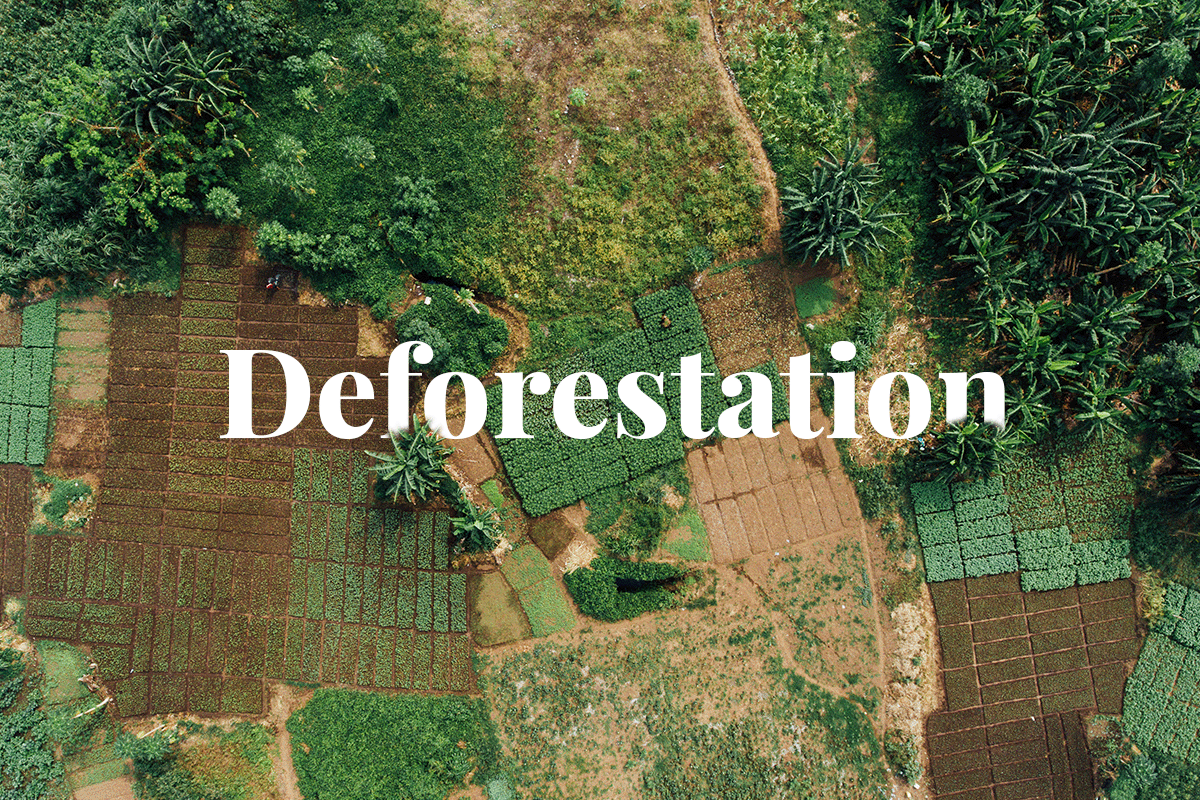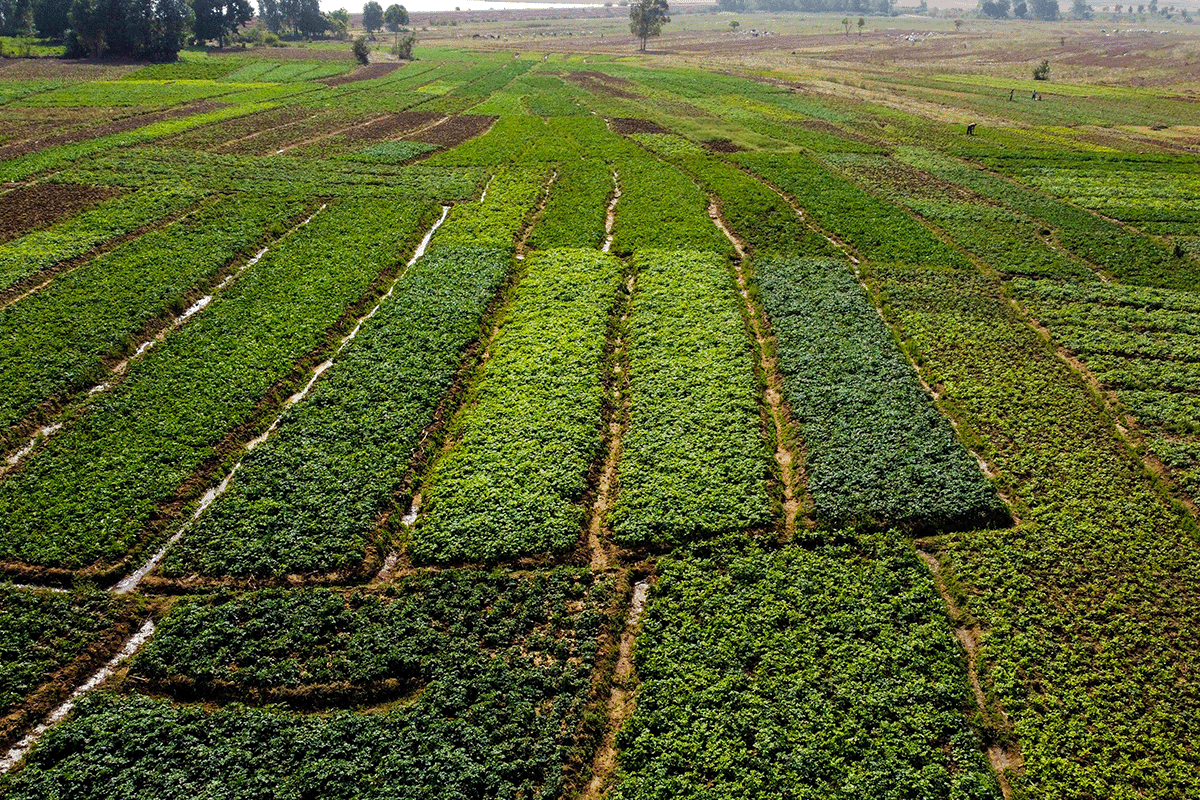Deforestation is a pressing issue in Nigeria, with significant impacts on both the environment and the people who rely on it. This article explores deforestation in Nigeria, discussing the causes, effects, and possible solutions to address this problem.

What is deforestation
Deforestation is defined as the removal of forests by humans, either for timber or to clear land for other uses, such as agriculture or urbanisation. In Nigeria, deforestation has become a severe issue due to the country's rapidly growing population, coupled with the increasing demand for timber, fuelwood, and agricultural land. According to the United Nations, Nigeria has the highest deforestation rate in the world, with an estimated 3.7% of its forest lost every year.
Read more: Countries with the highest deforestation rates in the world
The effects of deforestation
The effects of deforestation on the environment are widespread and far-reaching. Deforestation disrupts the natural balance of ecosystems, leading to soil erosion, loss of biodiversity, and changes in the local climate. It also contributes to releasing large amounts of carbon dioxide into the atmosphere. Deforestation also negatively affects the local population by reducing access to clean water and increasing the risk of flooding and landslides.
Read more: Top 10 causes of deforestation
The drivers of Nigeria’s deforestation
One of Nigeria's primary drivers of deforestation is the rapid expansion of agriculture. Many people in Nigeria rely on agriculture as a source of income, but expanding farmland has led to a significant loss of forests. Another significant cause of deforestation in Nigeria is logging, both legal and illegal, which is linked to corruption and weak law enforcement. Finally, urbanisation is also a major cause of deforestation in Nigeria, as cities continue to grow and expand, leading to the destruction of forests in urban areas.
 The people of Idanre, Nigeria, lived on these massive rocks for over a hundred years.
The people of Idanre, Nigeria, lived on these massive rocks for over a hundred years.
Nigeria’s solutions to deforestation
To address the issue of deforestation in Nigeria, several solutions can be implemented. One approach is to promote sustainable agricultural practices that can help to reduce the pressure on forests. This can be achieved through the use of better farming techniques, such as conservation agriculture, agroforestry, and the use of improved seeds and fertilisers.
Another solution is to promote sustainable forestry practices, such as selective logging, reforestation, and afforestation. Finally, efforts can be made to improve law enforcement and address corruption, which can help reduce illegal logging and other activities contributing to deforestation.
 Drone view of the landscape of an organic farm in Nigeria.
Drone view of the landscape of an organic farm in Nigeria.
Conclusion
In conclusion, deforestation is a pressing issue in Nigeria, with significant impacts on both the environment and the people who rely on it. Deforestation in Nigeria is undeniable, and urgent action is needed to address this topic.
By promoting sustainable agriculture and forestry practices, improving law enforcement, and addressing corruption, Nigeria can help reduce deforestation and its impact on the environment and society. This is what DGB Group aims to do, promote sustainable practices and reforest the world at scale. DGB develops large-scale impactful nature-based projects that restore nature and capture large amounts of carbon. These projects help the regeneration of biodiversity and the restoration of vital habitats.
Contact us to find out more about our projects and how you can get involved





